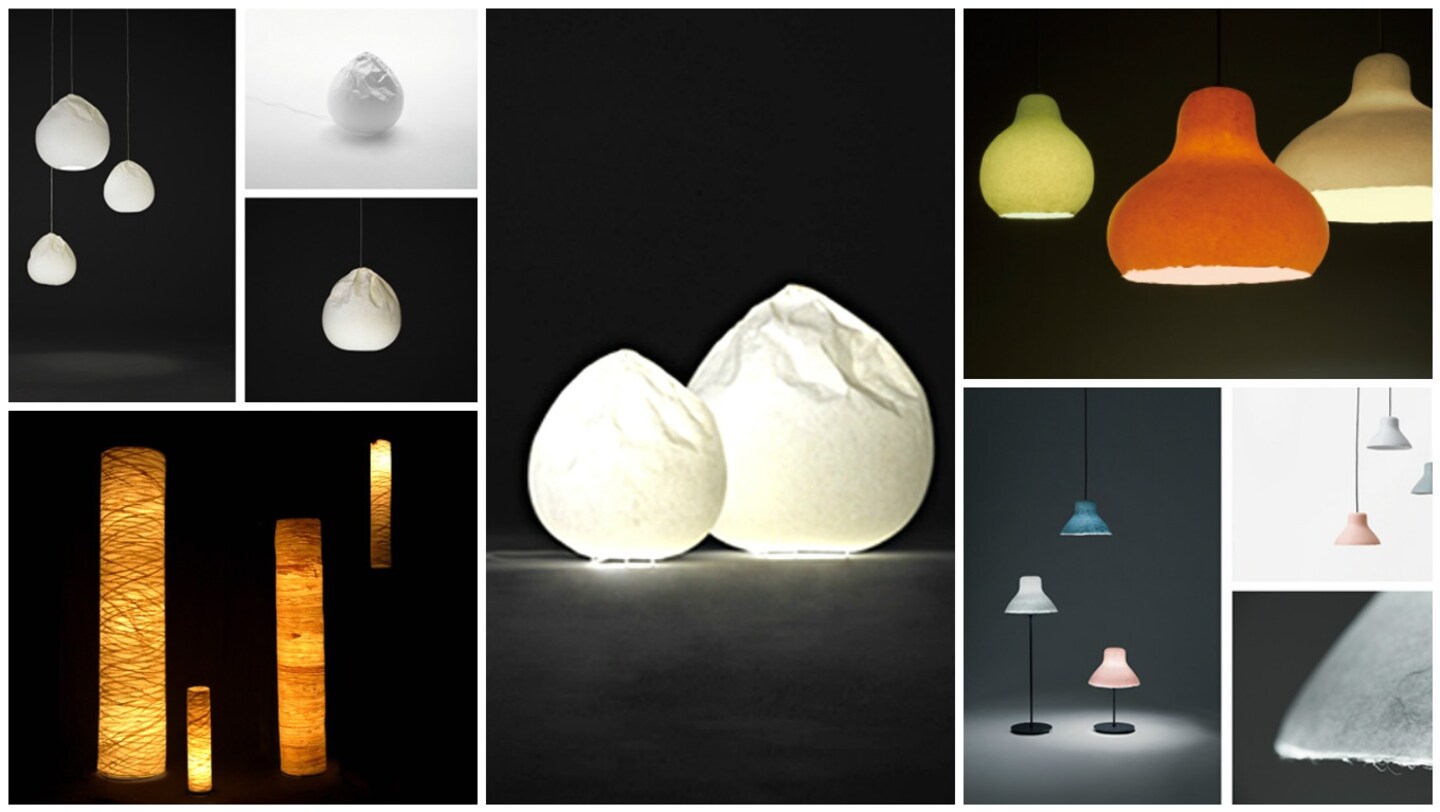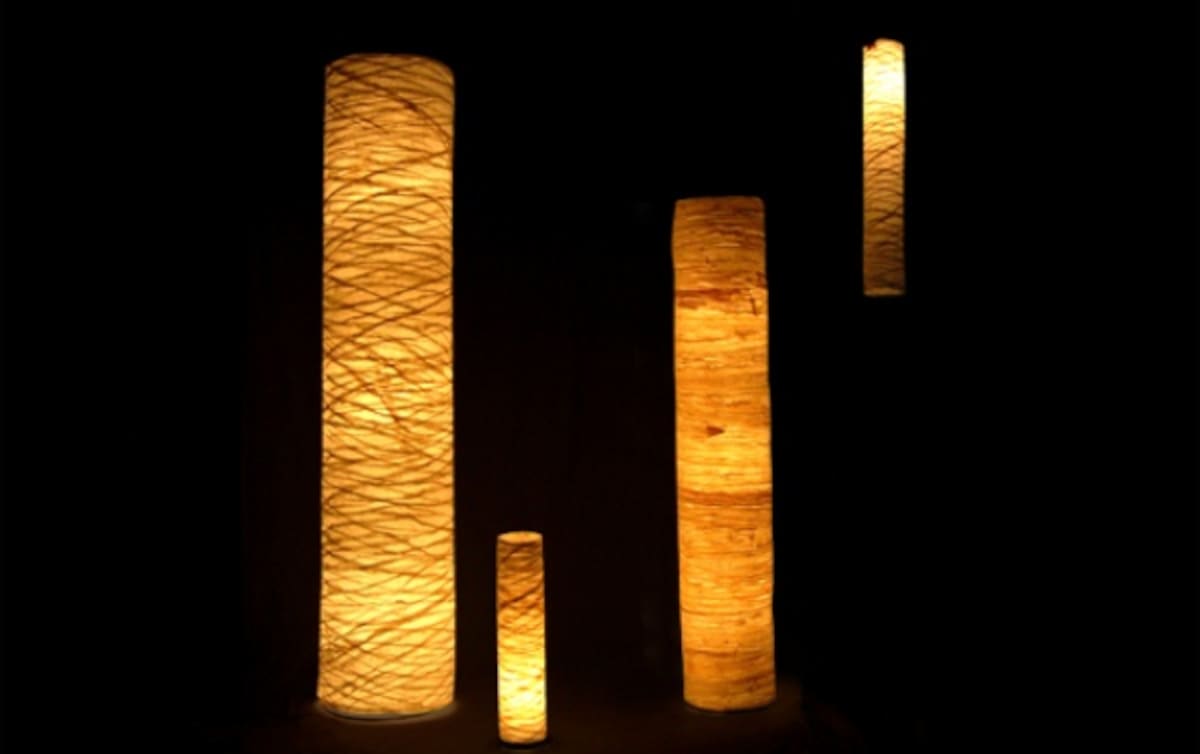Following Japan's Paper Trail
Paper-making has been a traditional industry of the Inshu region of eastern Tottori for centuries. There, among the clear waters and lush valley of Aoya Town, Taniguchi Aoya Washi Co., Ltd. continues to produce the finest traditional Japanese paper, or washi.
By Meet Japanese Companies with Quality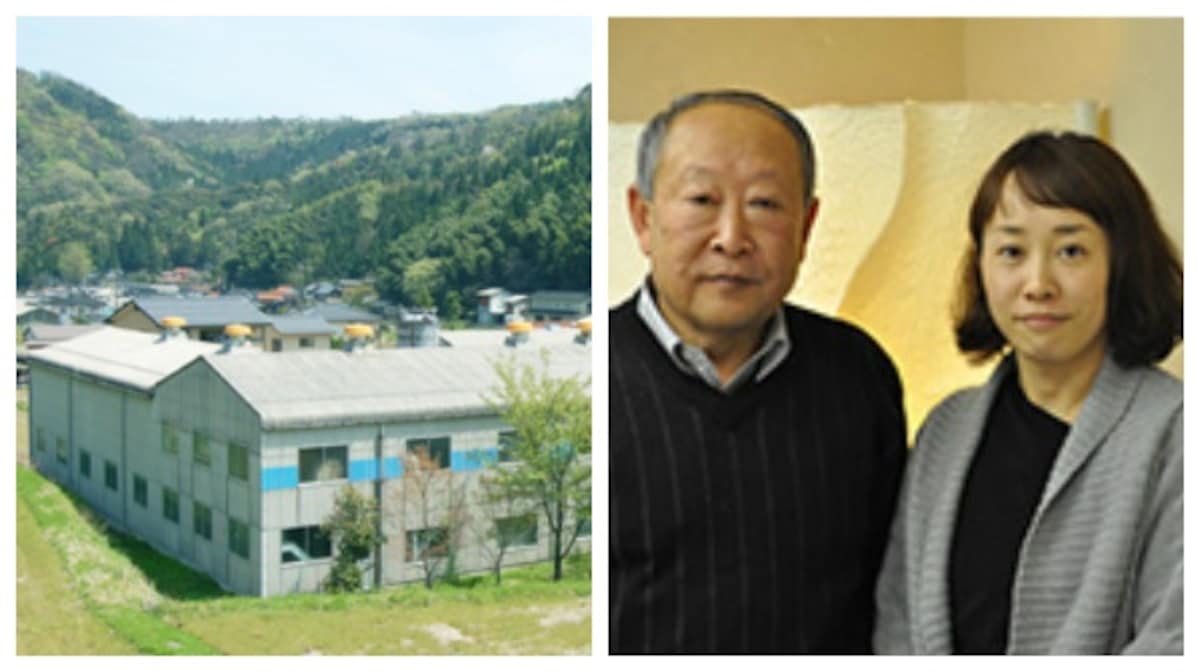
http://www.aoyawashi.co.jp/company
CEO Hirofumi Taniguchi is the third member of his family to lead the company since it was founded in 1924. Back then, Inshu Washi made paper for official documents, handwriting practice sheets and even umbrellas. But the company has evolved with the times. It has focused in recent years on producing everyday objects from natural and eco-friendly materials.
Among its innovations are washi wallpaper and seamless spherical lampshades. These products are a pleasure to use, injecting a touch of elegance and a connection with the natural world into people's daily lives.
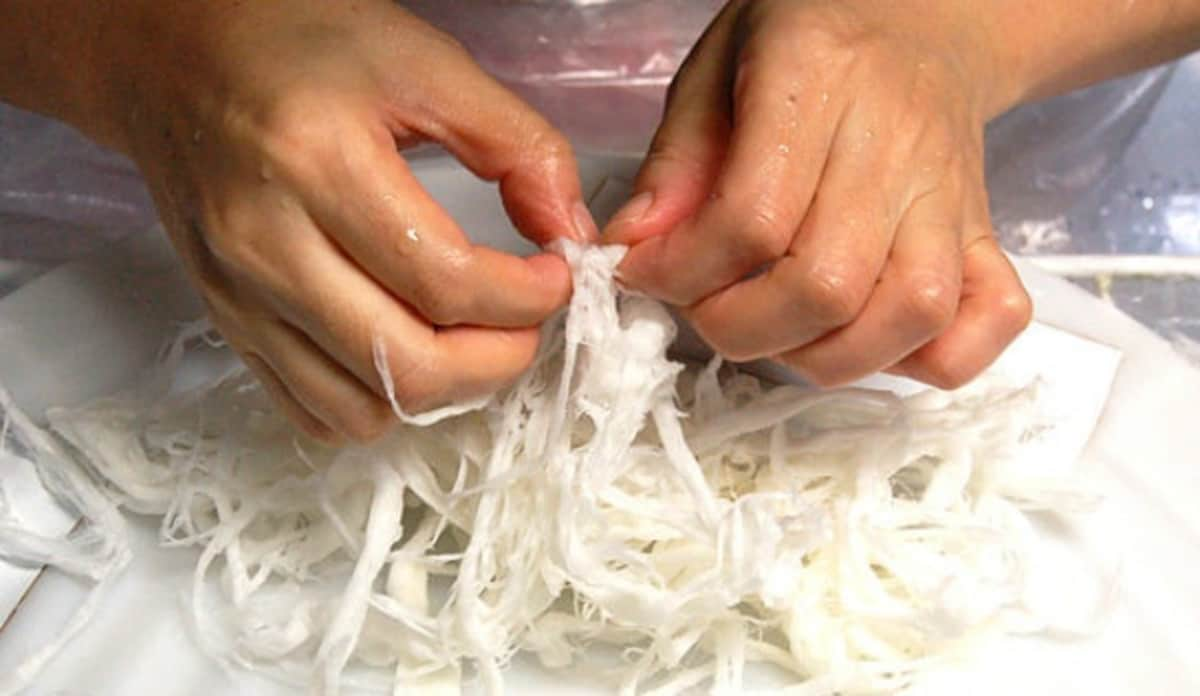
https://www.jetro.go.jp/en/mjcompany/taniguchi_aoya_washi.html
Wood-pulp paper now accounts for the bulk of Japan's market, but washi is still used in many aspects of daily life such as paper money, door and window panels, and scrolls for art and calligraphy.
Made from mulberry, mitsumata and ganpi bark, washi is characterized by its softness and warmth, often with distinct fibers visible in the paper. Unlike hard and smooth mass-produced paper, washi's texture is closer to fabric, with a supple downy feel that's pleasant to the touch.
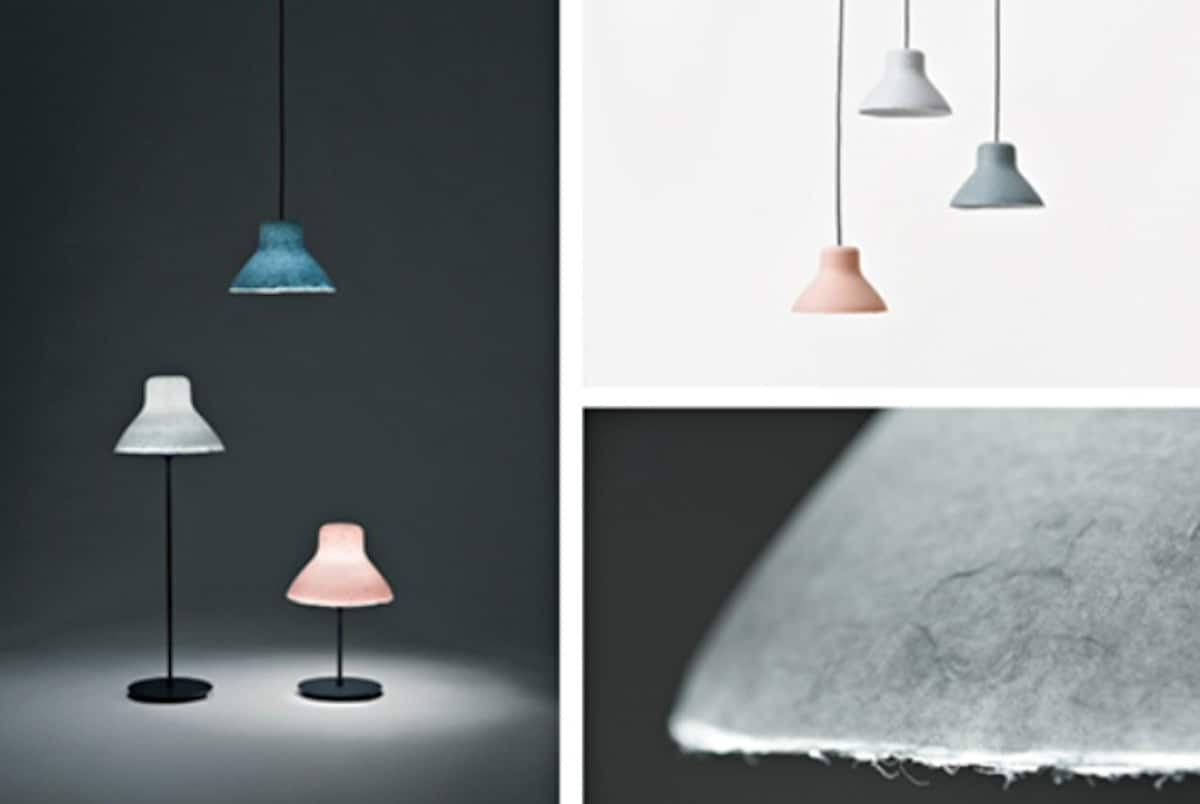
The paper in Aoya's lampshades is handmade one sheet at a time. What's more, Taniguchi Aoya Washi is the first maker to produce seamless 3-D shapes, using patented technology. The resulting product is a graceful shade with undulating lines that gives a soft quality to light, creating a gentle tone in any room.
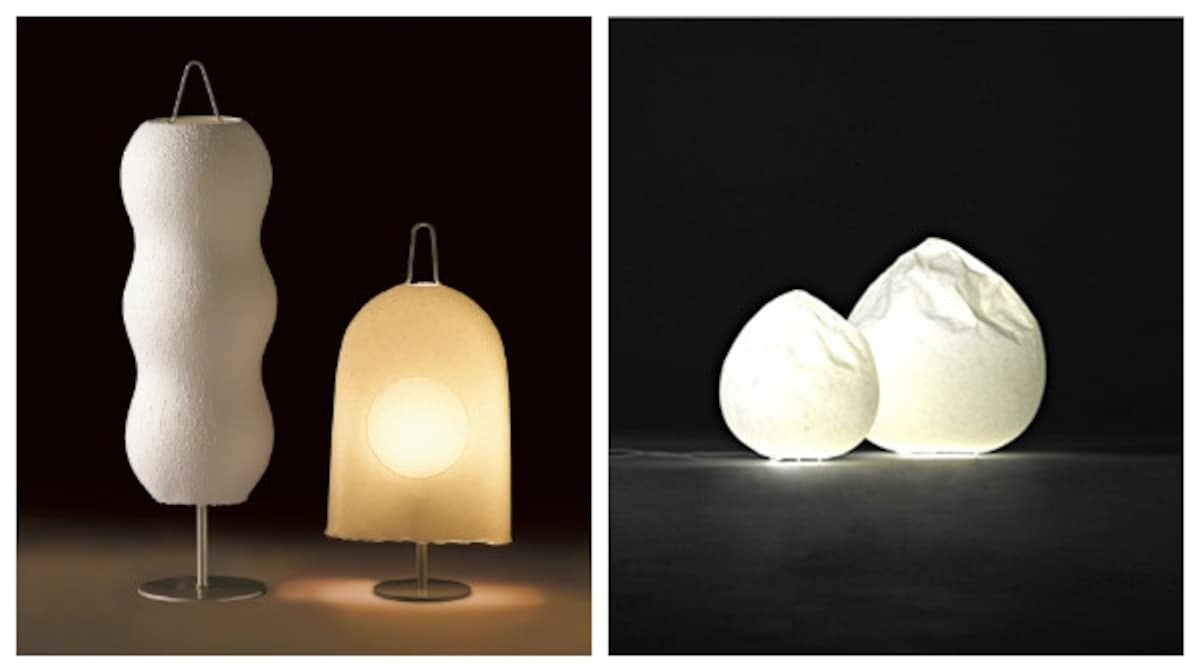
http://www.aoyawashi.co.jp/kita-2?lang=en
Aoya has partnered with a series of top artists and designers in order to expand the range of beautiful, practical and unique products it offers. Toshiyuki Kita and Oki Sato of Nendo are two of the collaborators. Their lampshades have won several awards, including Japan's Good Design Award in 2005, and have garnered great popularity both at home and abroad. Aoya designs can now be found worldwide, from select shops in Finland and China to vendors in the U.S. and France.
Nevertheless, the craftspeople at Aoya don't want to mass-produce. They prefer to keep their eye on the character of the paper to maintain their high standard of quality. They're intent on retaining an emotional connection to the process and product—so the customer can feel something special too.


